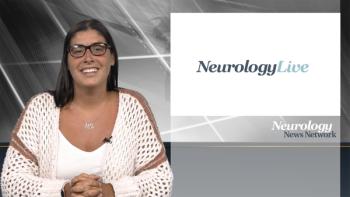
This week’s edition features highlights from NeurologyLive’s coverage of the American Headache Society’s annual scientific meeting.

This week’s edition features highlights from NeurologyLive’s coverage of the American Headache Society’s annual scientific meeting.
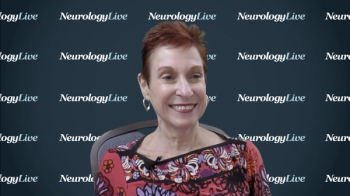
The professor of neurology, neurotherapeutics, and ophthalmology at UT Southwestern discussed the need to better coordinate care between providers when telemedicine is being utilized in headache and migraine care.
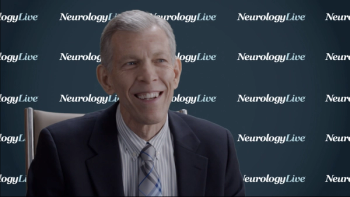
The professor and chief of pediatric neurology at Le Bonheur Children’s Hospital and the University of Tennessee Health Science Center spoke about the concerns of uncontrolled epilepsy and how to determine if a patient requires more than one treatment for their epilepsy.

The director of the Headache Center of Southern California shared insight into the success of ubrogepant in patients who failed on triptans, and how the future of migraine treatment may need to focus on combination approaches.
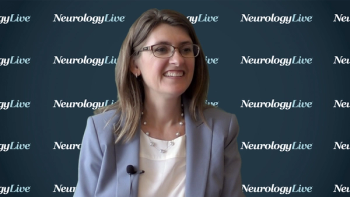
The pediatric neurologist and epilepsy specialist at Children’s Hospital Colorado discussed the popularity of cannabidiol from coverage in the media, and how she sees its use—and the understanding of it—evolving in the coming years.

The topic was the focus of a lively panel discussion and several posters at the 2019 Alzheimer’s Association International Conference, where experts in the field debated on the validity of current findings and theories.
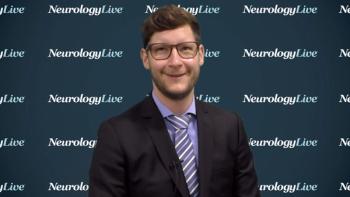
This data demonstrates that patients with Alzheimer disease are at an increased risk for seizures, in particular in more advanced disease stages, which emphasizes a need for seizure history assessment to inform individual therapeutic decisions and the necessity of systematic treatment studies.
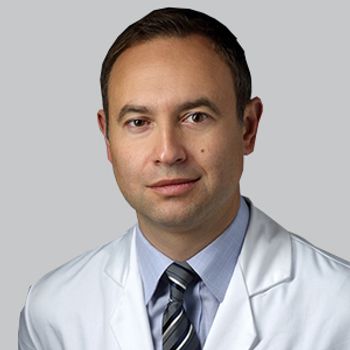
Previous research demonstrated that plasma neuronal-enriched extracellular vesicles exhibited elevated levels of p-tau, amyloid-beta 42, and phosphorylated insulin receptor substrate.
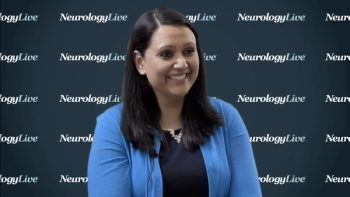
The director of the MedStar Georgetown Headache Center spoke about the higher-than-desired rates of opioid prescriptions for patients with migraine, and how new treatment options and provider education can help lower those numbers.
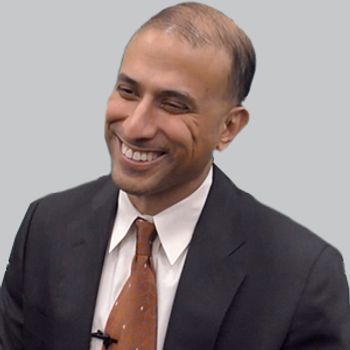
The professor of emergency medicine at the University of Wisconsin-Madison School of Medicine and Public Health spoke about the challenges physicians face in the emergency department when dealing with patients that are cognitively impaired.
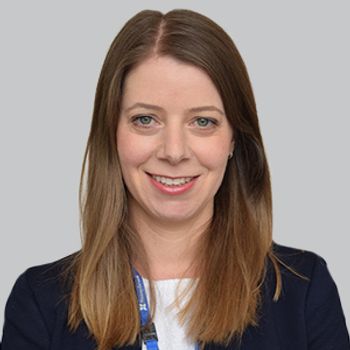
In addition to physical activity, lower vascular risk factors, assessed via the Framingham risk score, were independently associated with slower PACC decline and gray matter volume loss.
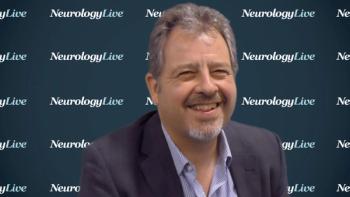
The professor of age-related diseases and Dean of the University of Exeter Medical School spoke about the need for proper training of nursing home staff in order to improve quality of life in patients with dementia.
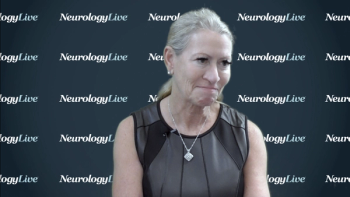
The director of the Orange County Migraine and Headache Center spoke about the adherence issues in acute migraine treatment and how the safety profile of investigational medications such as rimegepant and ubrogepant suggests they may be able to address them.
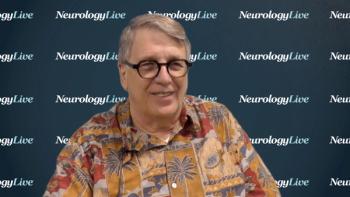
The professor of neurology and founding chair of the John T. Macdonald Foundation Department of Human Genetics at the University of Miami spoke about how the risk of Alzheimer disease differs between ethnic groups, despite being associated with the same genetic marker.
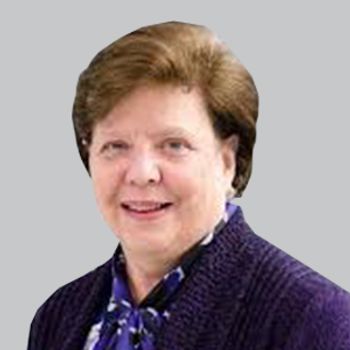
The DCTclock demonstrated a 37% increase in discrimination over the traditional cognitive assessments.
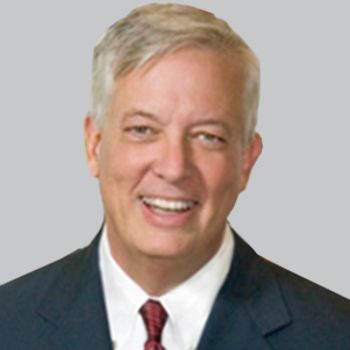
uMETHOD Health has implemented a precision-medicine platform to create personalized, multidomain care plans for the treatment of dementia and mild Alzheimer disease.
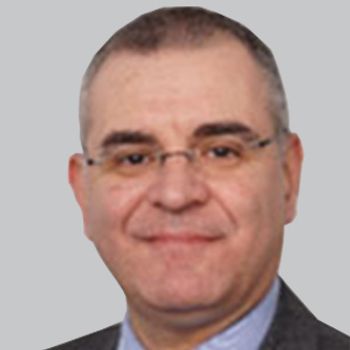
The AMBAR trial is based off of the hypothesis that amyloid-beta is bound to albumin and circulates in plasma; extracting this plasma may in turn flush amyloid from the brain.

Lead author Elizabeth K. Seng, PhD, shared insight into the findings of an exploration of the use of mindfulness-based cognitive therapy to reduce the impact of migraine on patients, as measured by Migraine Disability Assessment, as well as Headache Disability Inventory scores.
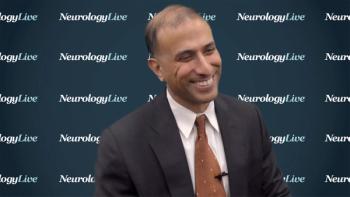
The professor of emergency medicine at the University of Wisconsin-Madison School of Medicine and Public Health spoke about how telemedicine in senior living communities can effectively decrease ED use by individuals with dementia.

The concept of cognitive reserve refers to one’s capacity to be resilient to age-related brain degeneration and disease-related pathology.
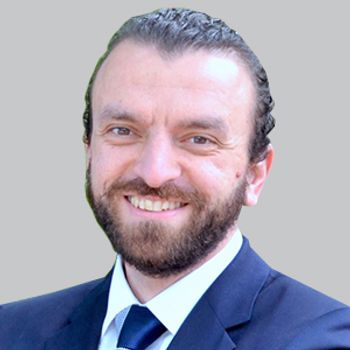
People who did not use trazodone had up to a 2-fold faster decline in MMSE score than those who used the drug.

Findings suggest that a subgroup of patients categorized as amyloid beta-negative may continue to accumulate the destructive protein and experience cognitive changes.
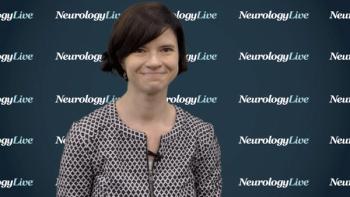
The research fellow at the University of Exeter spoke about the findings from her observational study which showed that living a favorable lifestyle could offset the risk for dementia, even if that risk is genetically linked. 


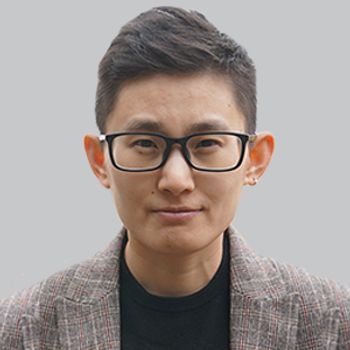
While single modality therapy is safe, feasible, and effective, researchers demonstrated that a combined modality shows greater domain-specific cognitive enhancements with higher transferability and sustainability.
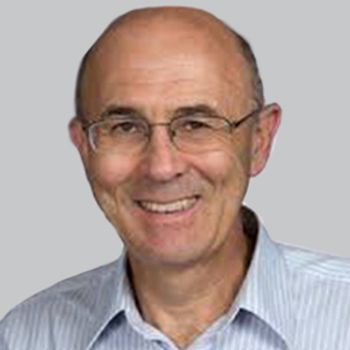
Participants with high CSF Aβ1-42/tau and lower NPTX2 levels experienced greater decline throughout the 36 months than all other subgroups on memory acquisition, delayed recall, and CDR-sb.

Investigators found that participants struggled to adhere to the treatment protocol, which required them to administer 3 treatments per day.

The director of headache medicine and chief of general neurology at Yale Medicine spoke about the significance of having CGRP inhibitors in migraine treatment, and how eptinezumab fits into the treatment landscape.

No differences were observed in the magnitude of ubrogepant treatment effect between defined triptan subgroups.
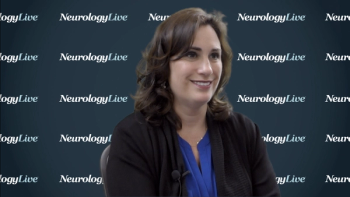
The clinical professor of neurology at Albert Einstein College of Medicine spoke about the trends revealed by the OVERCOME study, and how this data can be used to improve the management of the millions of patients with migraine in the US.
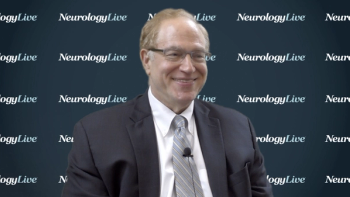
The director of the Montefiore Headache Center and professor of neurology at Albert Einstein College of Medicine spoke about the results of an analysis of eptinezumab’s effect on the severity of migraine and its impact on patients’ lives.